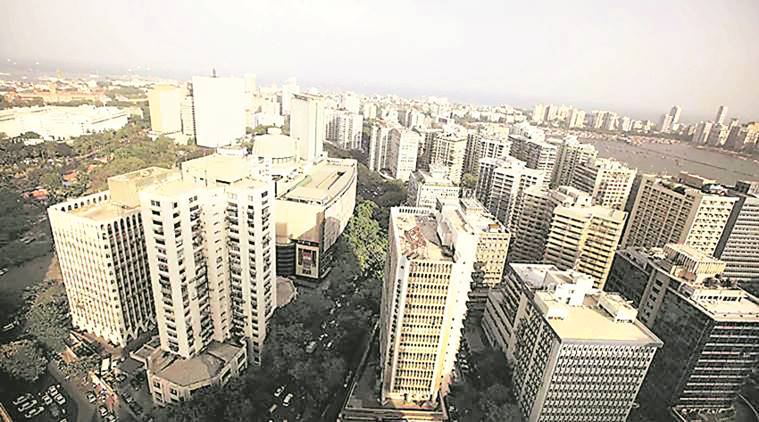Stay updated with the latest - Click here to follow us on Instagram
State closer to unlocking vacant plots exempted under Urban Land Ceiling Act
CM-led department appoints panel to recommend measures on how to tap development potential of these land
 Mumbai region accounts for 5,582 acres of vacant land. Express
Mumbai region accounts for 5,582 acres of vacant land. Express
Industrial precincts tucked away in the Mumbai Metropolitan Region and other cities in Maharashtra could soon make way for residential construction, with the state government planning to lift development restrictions on these lands. Six months after the state’s revenue department announced a policy permitting rezoning of lands declared vacant under the erstwhile Urban Land (Ceiling and Regulation) Act, 1976, the chief minister-led urban development department has now appointed an expert panel to deliberate on measures to lift curbs on such lands.
The Urban Land Ceiling Act, which was eventually repealed in 2007, had imposed an outer ceiling on the extent of vacant land a person could hold in urban belts, in an attempt to prevent the “concentration of urban lands in a few hands”. But the Act itself had a clause permitting the state to impose stringent conditions while permitting those holding surplus vacant land to be exempted from the ceiling. In Maharashtra, the state government had imposed a condition that the tenements built on the surplus lands had to be sold at government-determined rates, and that 5 per cent of such tenements would have to be surrendered free of cost to it for promotion of low-income housing. The government has also disallowed a change in user without the government’s prior permission.
Official statistics show that the Mumbai Metropolitan Region alone accounts for 5,582 acres of such vacant land, a bulk of which had been allotted for industrial purposes. Most of it is held by top business families, industrial houses, and private landowners.
While the exemption clause was saved despite the repealing of the Act, statistics show that a majority of the beneficiaries were yet to comply with the conditions. According to information, about 1,405 housing schemes, and 1,633 bungalow plotting schemes, permitted on such exempted lands, had not complied with the conditions imposed.
The expert committee, to be headed by Justice B N Srikrishna, a former judge of the Supreme Court of India, and comprising retired bureaucrat B N Makhija, has now been formed to deliberate on the “issues to have emerged after the Act was repealed”.
The committee’s scope of work includes recommending measures to “unlock these lands for public housing”. It has also been asked to suggest measures to resolve disputes pertaining to the ongoing housing and bungalow plot schemes on such exempted lands and expediting their completion.
The committee will also examine the feasibility of permitting the redevelopment of all such housing projects. The government has also asked the committee to review vacant lands that have similarly been exempted for industrial uses (5,379 acres), and agricultural activity (730 acres).
The Maharashtra Chamber of Housing Industry (MCHI-CREDAI), the apex builders’ body in the state, has been pushing for the unlocking of these lands, but the Bombay High Court had argued against it last September, contending that “those who benefited from such exemptions cannot wiggle out of the obligation of surrendering flats to the government”.







